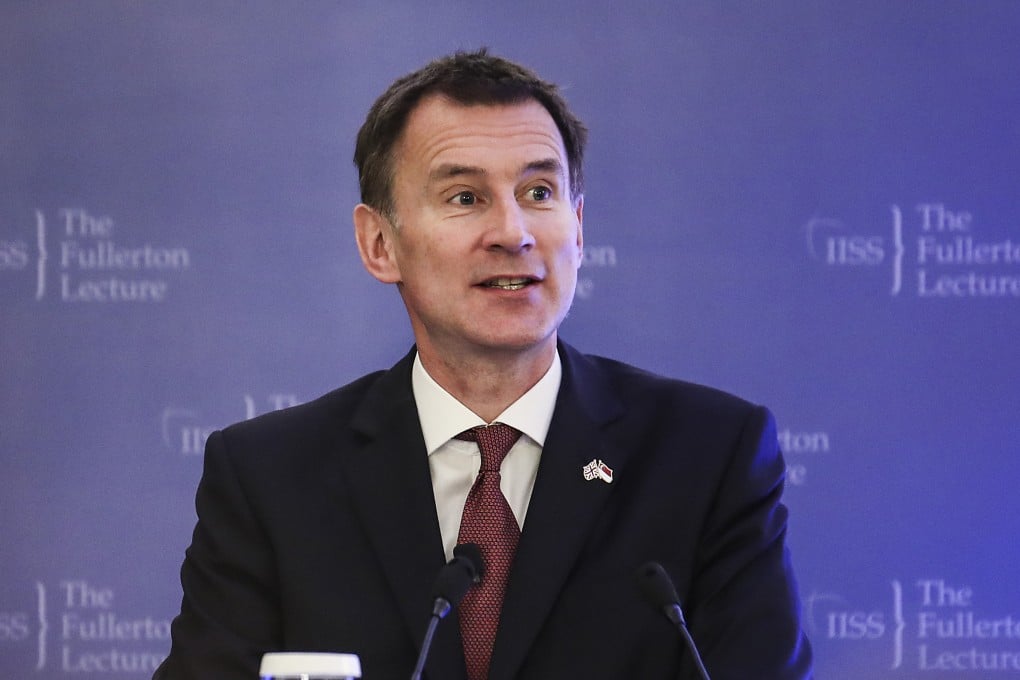Opinion | Britain risks raising tensions with military base in Southeast Asia
- Visions of a stepped-up presence and greater engagement with regional economies after Brexit will clash with the interests of China, and force some governments to make difficult choices

Britain’s leaving of the European Union brings challenges and opportunities for the world’s fifth biggest economy. But some Brexiteers have become too starry eyed about possibilities, as shown in recent remarks by officials. They contend that post-Europe, Britons need to be looking east and that the nation has to be a “true global player”. Their visions of a stepped-up military presence and greater engagement with Southeast Asia’s economies will clash with the interests of China, raise regional tensions, and force some governments to make difficult choices.
Pro-Brexit members of Prime Minister Theresa May’s Conservative Party are eager to put a positive spin on quitting the EU. Their narrative is that to survive and thrive, the nation has to boost engagement with Asia’s thriving economies. Foreign Secretary Jeremy Hunt and his defence counterpart, Gavin Wilkinson, spoke last weekend of the benefits and what will be needed to protect interests – in the case of the latter, the construction of permanent naval bases in Southeast Asia and the Caribbean, the first since the withdrawal of military forces in the 1960s and 1970s.
Britain already has a strong global defence and security network; it has 16 military bases around the world, second only to the United States. A new naval base, the first to be located east of Suez since 1971 and capable of taking the two aircraft carriers the nation has under construction, opened in Bahrain last April, while development of a training base in Oman will be completed in coming months. Singapore and Brunei have been suggested for a Southeast Asian base, the former hosting a naval repair facility and the latter a battalion of soldiers at the request of the country’s sultan. Britain also has a defence pact with Commonwealth members Malaysia, Singapore, Australia and New Zealand that involves regular military exercises.
Britain’s looking east is bound to mean greater involvement with such allies. But not all Asians would take kindly to a greater British military presence given past misrule and aggression and an arms race that heightens tension would seem inevitable. The sailing of a British warship through disputed waters of the South China Sea last August to show solidarity with American “freedom of navigation” trips also gave an indication of China’s view; it caused suspicion that the dispute was being internationalised.
Britain is free to boost trade and investment with whomever it likes. But its policies have to be in the interests of citizens, be fiscally responsible and make economic and strategic sense. Costly naval bases in Southeast Asia that raise tensions with allies and rivals alike are not in keeping with such an approach.
